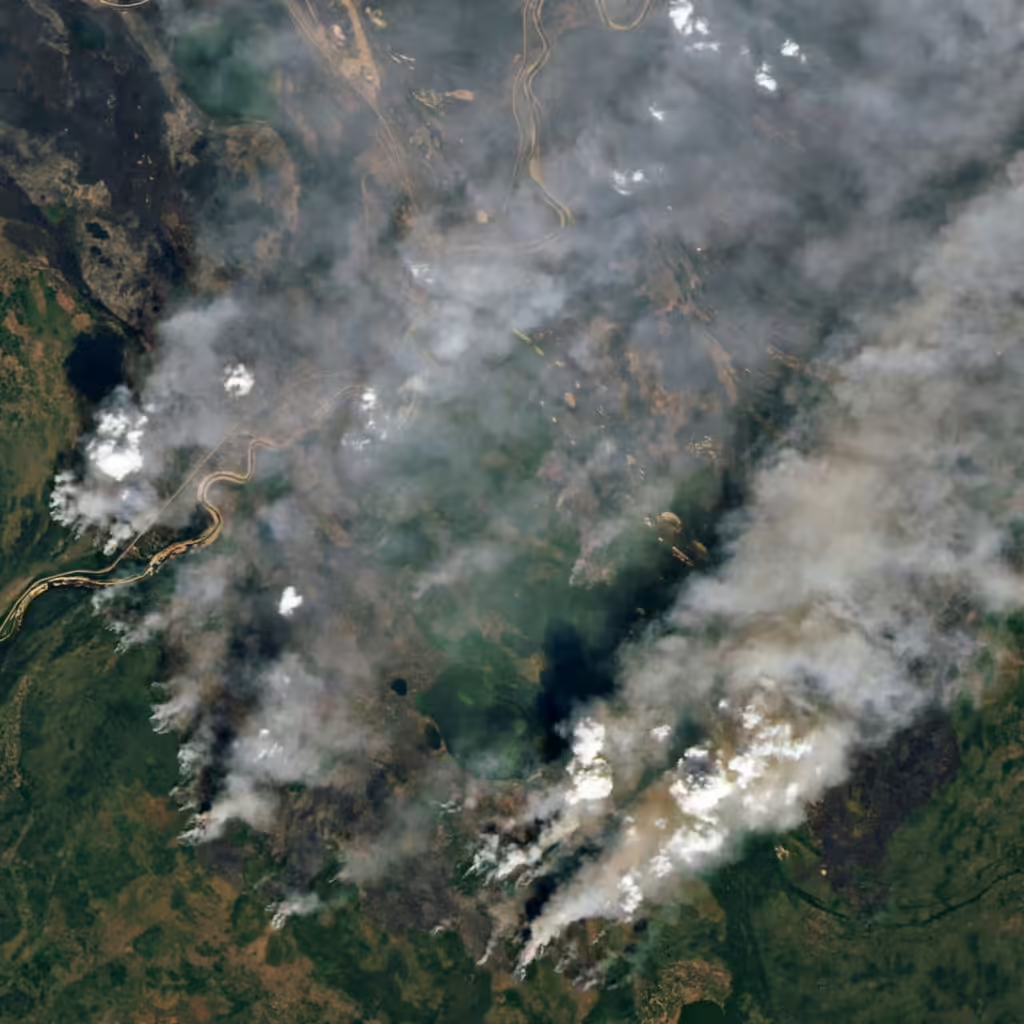
Since January 7, 2025, wildfires have engulfed the Los Angeles area, fueled by 100 mph winds and dry conditions. These fires have already claimed five lives, forced the evacuation of over 130,000 residents, and burned through 25,000 acres of land. The Palisades Fire is now the most destructive in Los Angeles’ history, spreading from 20 to 200 acres in 20 minutes and consuming 16,000 acres.
Other fires, including the Eaton Fire in Altadena, have scorched 10,000 acres, while the Hurst Fire near San Fernando reached 850 acres, with limited containment achieved. The Sunset Fire in the densely populated Hollywood Hills has spread rapidly, forcing chaotic evacuations amid gridlocked traffic. Despite some progress in controlling smaller fires in Ventura County, the region remains on edge.
Wildfires are a familiar threat in California, but the scale of destruction in these metropolitan areas is unprecedented. Governor Gavin Newsom has called the situation a stark reminder of the growing risks posed by climate change. Rising temperatures, prolonged droughts, and stronger winds have made wildfires more frequent and intense, transforming them into a year-round danger.
The scenes of chaos—families fleeing their homes and iconic landscapes reduced to ashes—highlight the urgent need for stronger climate action and preparedness. As firefighters battle tirelessly to contain the blazes, the focus remains on protecting lives and minimizing further destruction. The ongoing crisis serves as a sobering reminder of the devastating impact of the climate crisis on urban communities. Read Here
News Credit: The Guardian
Picture Credit: Josh Edelson/AFP/Getty Images











